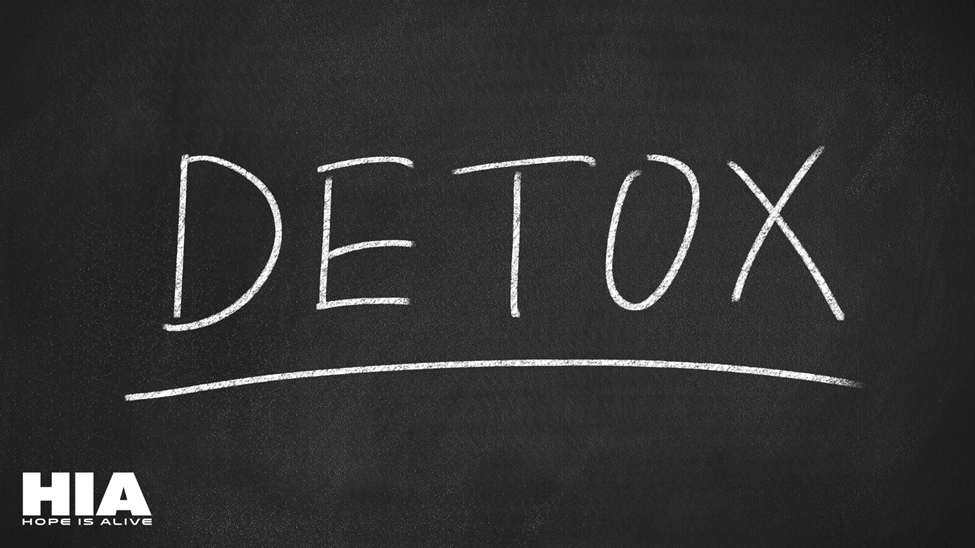What is detox?
Detox, or detoxification, is the first step in getting clean and beginning your recovery from drugs or alcohol. It’s the process your body goes through when it clears out the substances you’ve been using. When someone has been using drugs or drinking alcohol for a long period of time, their body becomes dependent on those substances to function. Once you stop using, your body needs time to adjust to functioning without them, and that process is called detox.
For many people, detox can feel overwhelming or even scary. That’s completely normal. The idea of facing withdrawal symptoms or not knowing what to expect can keep people stuck in their addiction. But here’s the truth: detox is temporary, and it’s also necessary. It’s like hitting a reset button for your body. And when done with the right support, detox is the first step toward real freedom. For detox to be safe, it should be monitored medically and tackled at a manageable rate.
What Happens During Detox?
During detox, your body begins to flush out the drugs or alcohol in your system. Depending on what substance you’ve been using, how long you’ve used it, and your overall health, you may experience withdrawal symptoms. These can range from mild to severe and may include things like anxiety, shaking, sweating, nausea, trouble sleeping, and cravings.
Because these symptoms can be uncomfortable — and sometimes even dangerous — many people choose to detox in a medical or supervised setting. In a professional detox program, doctors, nurses, and trained medical staff are there to monitor you, provide medication (if needed), and help you stay as comfortable and safe as possible. You’re not doing it alone, and that makes a big difference.
Why Is Detox Important?
Detox doesn’t fix everything, but it’s the beginning of healing. You can’t start working on the emotional, mental, and spiritual parts of recovery until your body is clear of the substances. Detox gets you to a place where your mind can start to clear, and you can begin to think more clearly and make decisions about your next steps in recovery.
It’s important to know that detox is not treatment — it’s only the first phase. After detox, it’s strongly recommended to continue with some kind of treatment program or sober living environment. That might include residential treatment, 12-step meetings, or a combination of supports that work for you. Detox gets the substances out, but recovery keeps them out.
Join the HIA Community!
Receive inspiring stories and the latest news directly to your inbox.



.avif)
